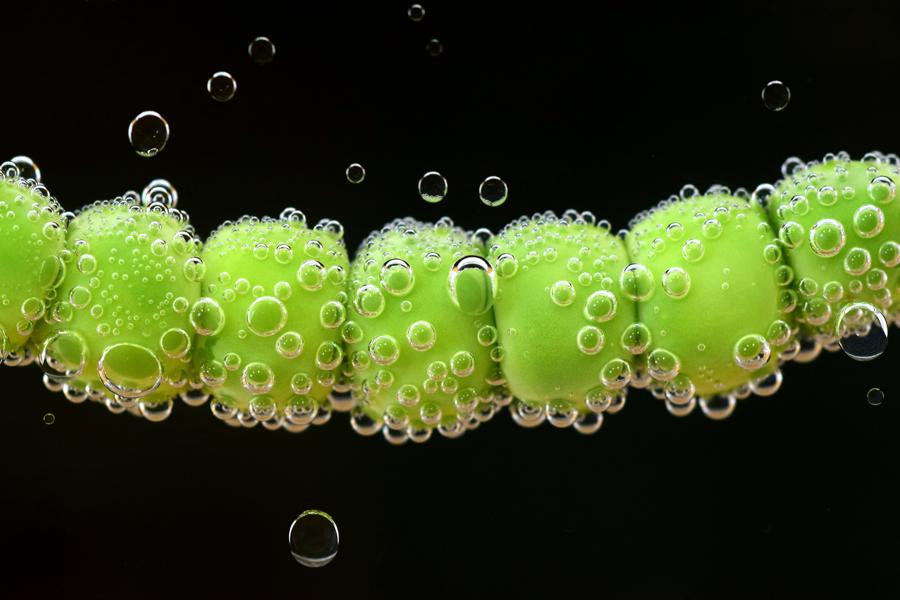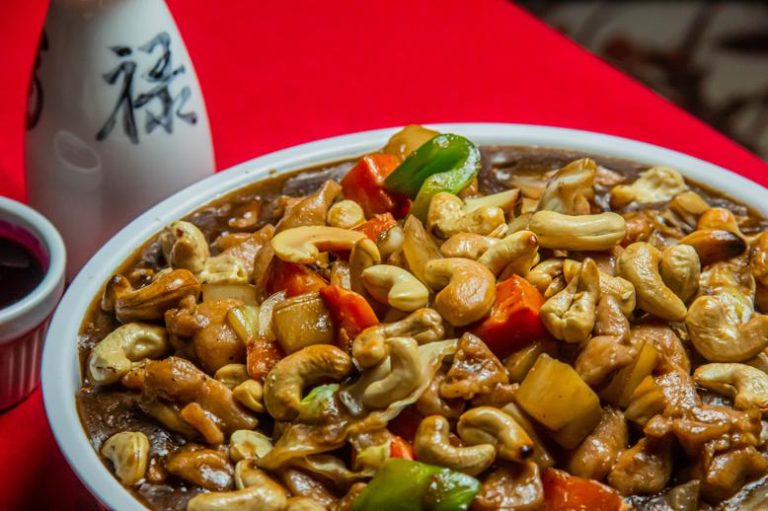Health Benefits Of Pigeon Peas
Pigeon peas are a nutritious legume with a wide range of health benefits. This blog post will explore the many health benefits associated with pigeon peas, from their high protein content to their ability to reduce inflammation. We’ll also discuss the best ways to incorporate pigeon peas into your diet and how to get the most out of this versatile legume.
Finally, we’ll look at some of the potential risks associated with eating too many pigeon peas and how to avoid them. Whether you’re looking for an easy way to add more nutrients to your diet or just want to enjoy the unique flavor of pigeon peas, this blog post has you covered.
Nutritional value of pigeon peas
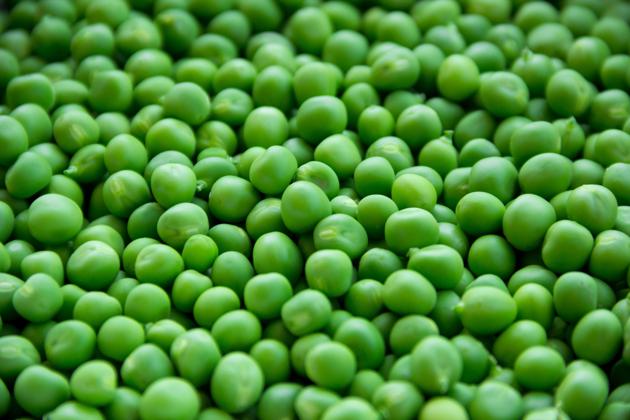

Pigeon peas, also known as toor dal, are a type of legume that are a powerhouse of nutrition. Rich in protein, fiber, minerals, and vitamins, pigeon peas have numerous health benefits.
They are low in calories and fat and can help to reduce cholesterol levels, while also providing essential vitamins and minerals like iron, magnesium, and potassium. Pigeon peas also have antioxidant properties that can help protect against cancer, heart disease, and other chronic illnesses. Additionally, their fiber content can help keep you feeling fuller for longer and aid in digestion.
All of these benefits make pigeon peas an excellent addition to any health-conscious diet.
Health benefits of eating pigeon peas
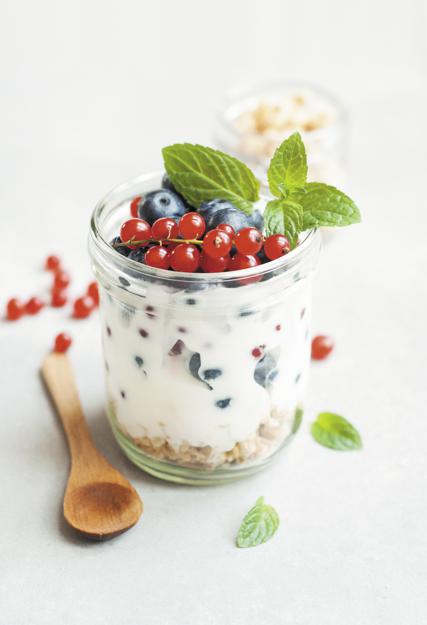

Pigeon peas are a nutritious legume packed with a powerhouse of health benefits. Rich in dietary fiber, vitamins and minerals, consuming pigeon peas can help regulate digestion, improve heart health and boost immunity. Studies have shown that the high fiber content may help reduce cholesterol levels, which can help protect against heart disease.
Additionally, they contain a variety of vitamins and minerals, such as Vitamin A and iron, which can help reduce the risk of anemia and improve overall health. Pigeon peas are also a good source of protein, making them a popular choice for vegetarians and vegans looking for a nutritious, plant-based alternative to animal proteins.
Finally, they are low in calories and fat, making them a great choice for those looking to maintain a healthy weight. With so many health benefits, it’s no wonder why pigeon peas are a dietary staple in many cultures.
Different ways to incorporate pigeon peas into your diet
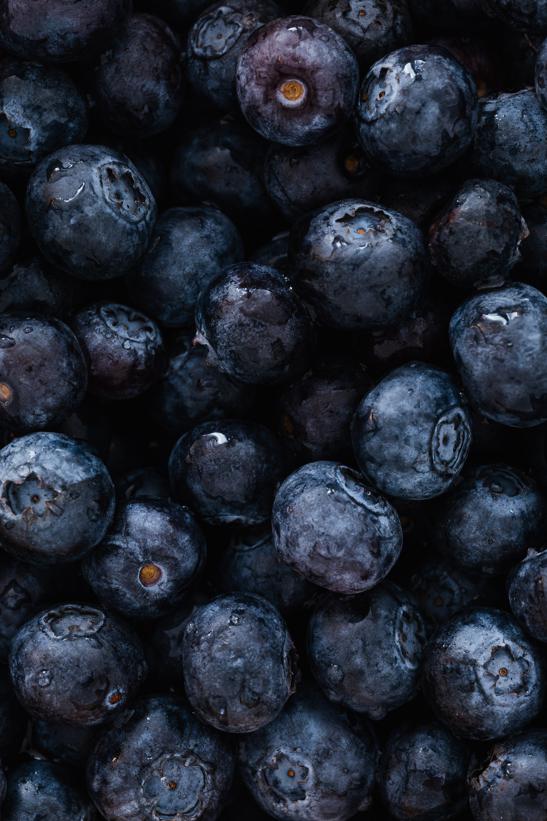

Pigeon peas are a nutritious, protein-packed superfood that is often overlooked in the Western diet. Packed with vitamins and minerals, these small but mighty peas are an excellent way to add flavor and nutrition to any meal.
Not only do they taste great, but they also provide numerous health benefits. Rich in fiber, vitamin A, iron, and other essential vitamins and minerals, pigeon peas can help strengthen the immune system, improve digestion, and reduce the risk of certain chronic diseases.
Plus, they’re a great source of plant-based protein, making them an ideal addition to any vegetarian or vegan meal plan. With all these amazing health benefits, it’s no surprise that including pigeon peas in your diet can be a delicious and nutritious way to stay healthy.
Potential side effects of eating pigeon peas


Pigeon peas, also known as cajanus cajan, are a nutritional powerhouse. Rich in vitamins, minerals, and plant-based proteins, they are a great addition to any healthy diet.
While they are incredibly beneficial, it is important to be aware of any potential side effects that may occur when consuming them. As with any food, allergic reactions, digestive issues, and other adverse reactions are possible. Additionally, some individuals may experience an increase in body heat, insomnia, and inflammation.
It is important to speak with a medical professional before consuming these peas if you have any pre-existing conditions. With the right precautions, however, you can enjoy their many health benefits without any negative consequences.
Recipes featuring pigeon peas
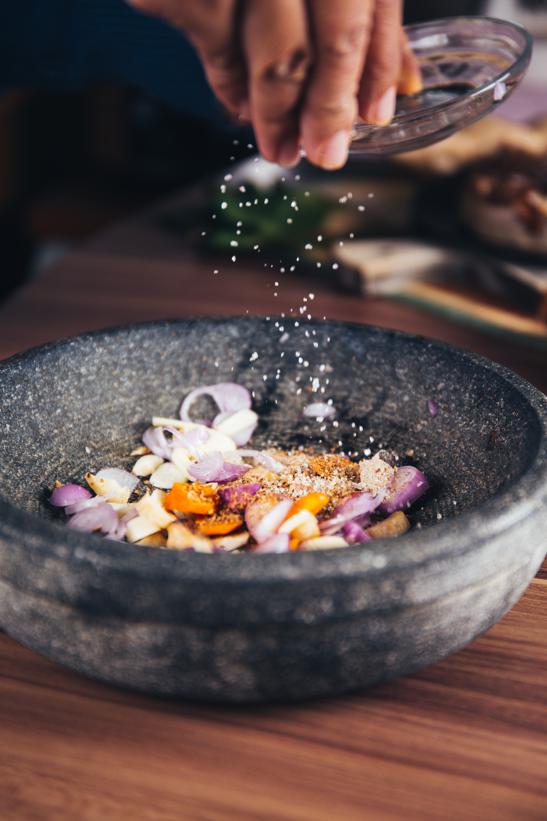

Pigeon peas, or toor dal, as they are known in South Asia, are a nutritious and versatile legume. They are an excellent source of protein and fiber, and are packed with essential vitamins and minerals.
Pigeon peas are also a great source of antioxidants, which can help protect your cells from damage. But the health benefits of pigeon peas don’t stop there. They can also help to reduce inflammation and cholesterol, as well as aiding digestion and promoting weight loss.
If you’re looking for a nutritious and delicious way to make the most of this amazing legume, then you’ll find plenty of inspiring recipes featuring pigeon peas. From curries and soups to salads and stir-fries, there’s something for everyone!
Conclusion
In conclusion, pigeon peas are a nutritious and tasty legume that can provide a variety of health benefits. They are rich in fiber, protein, and essential vitamins and minerals. Eating pigeon peas can help reduce inflammation, support gut health, and improve overall health.
Pigeon peas are a versatile ingredient that can be used in a variety of dishes and salads, making them a great addition to any meal.

